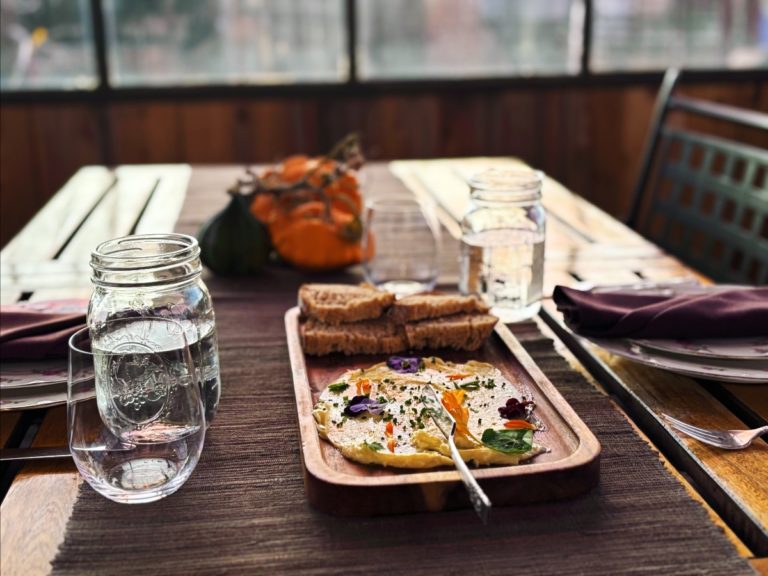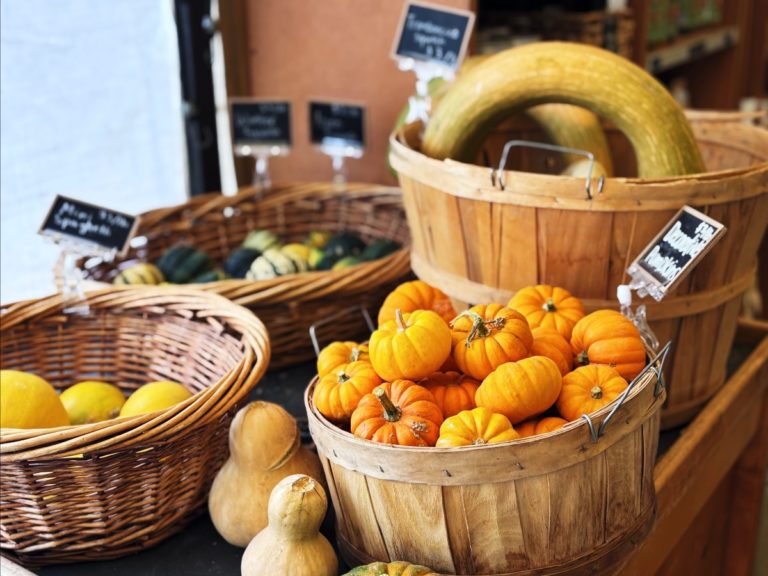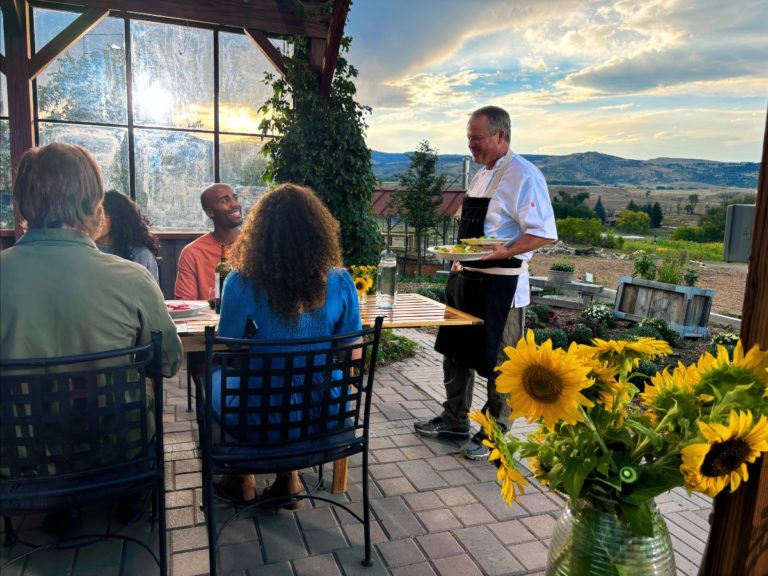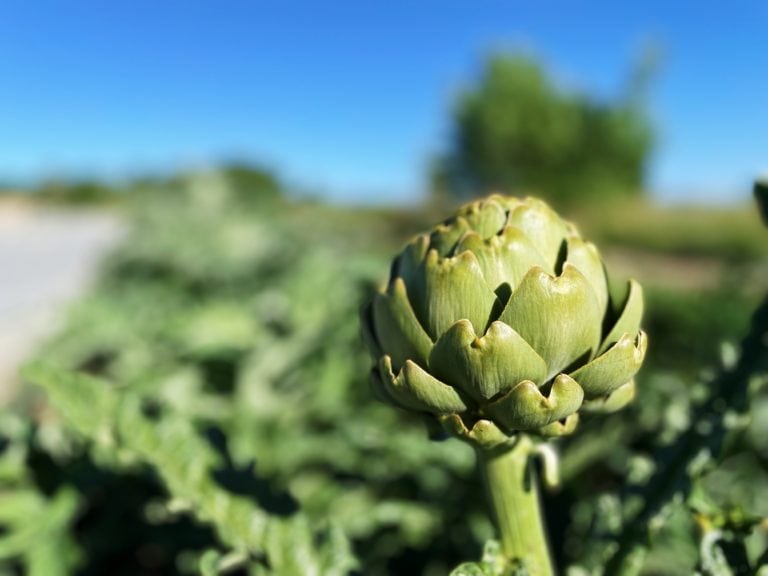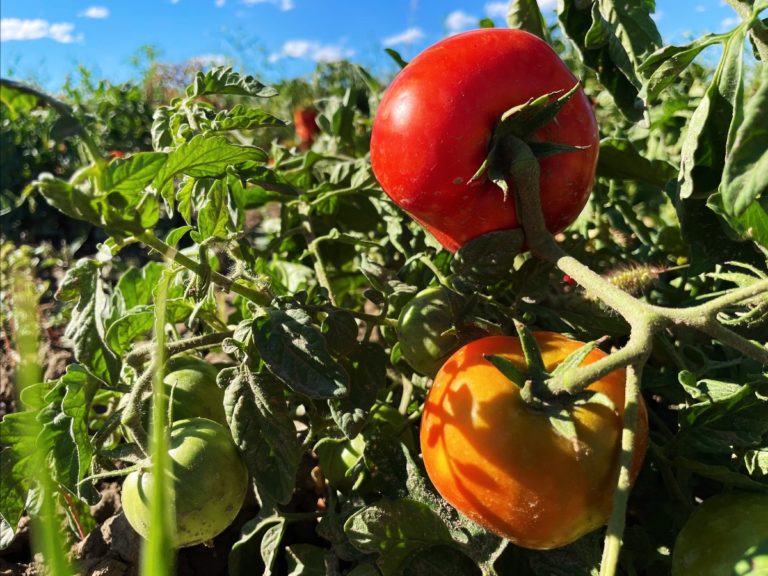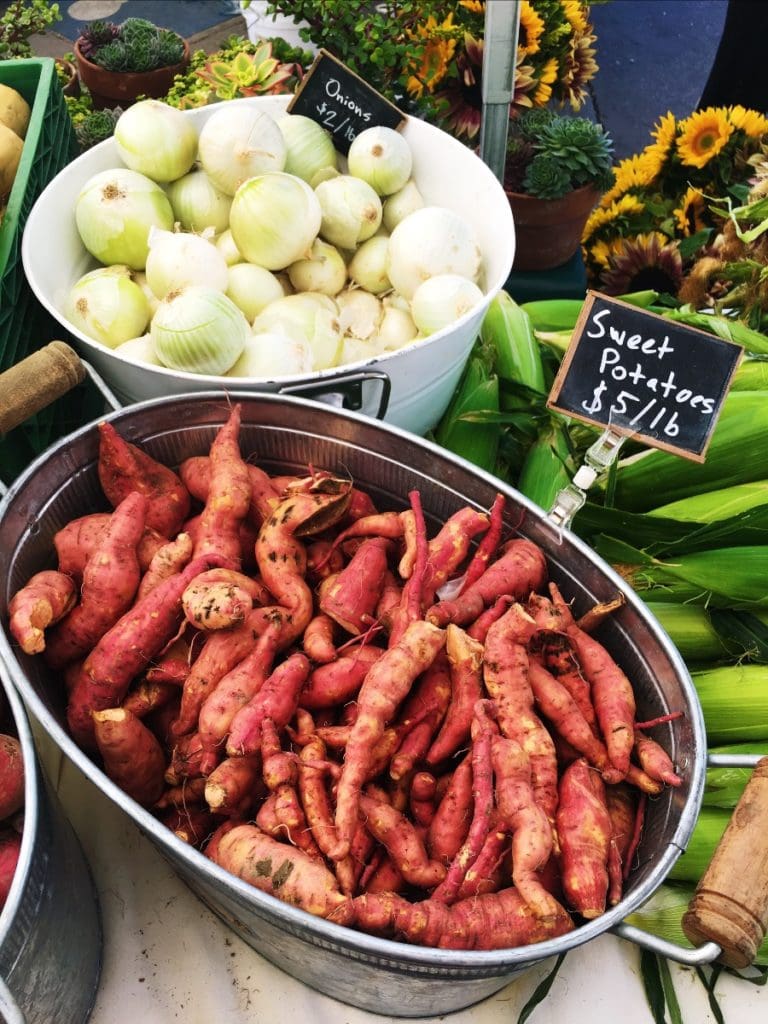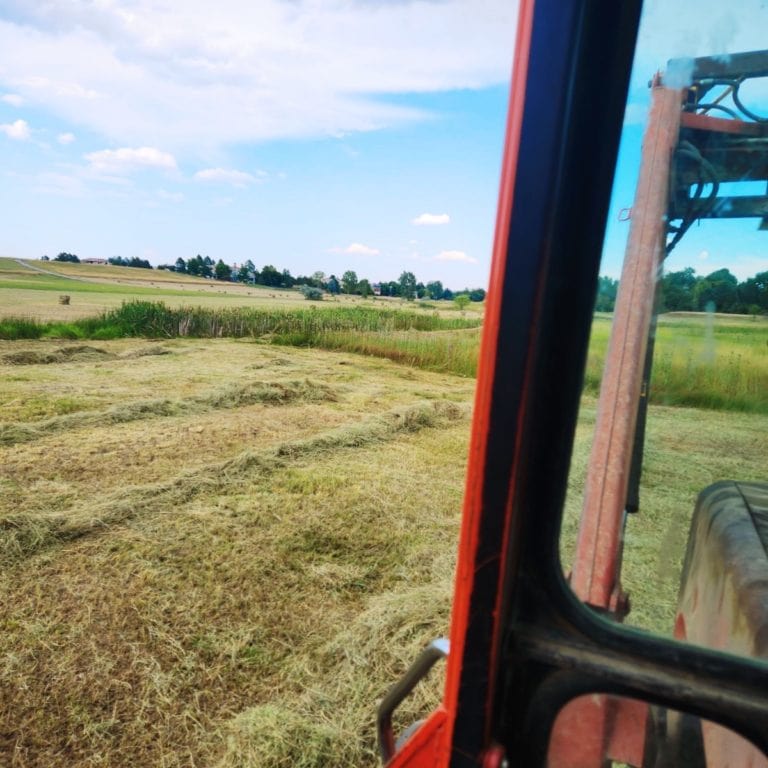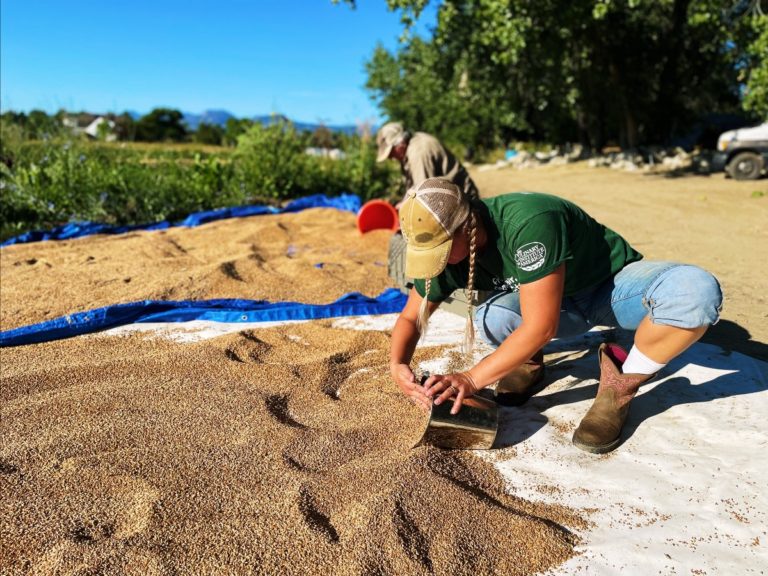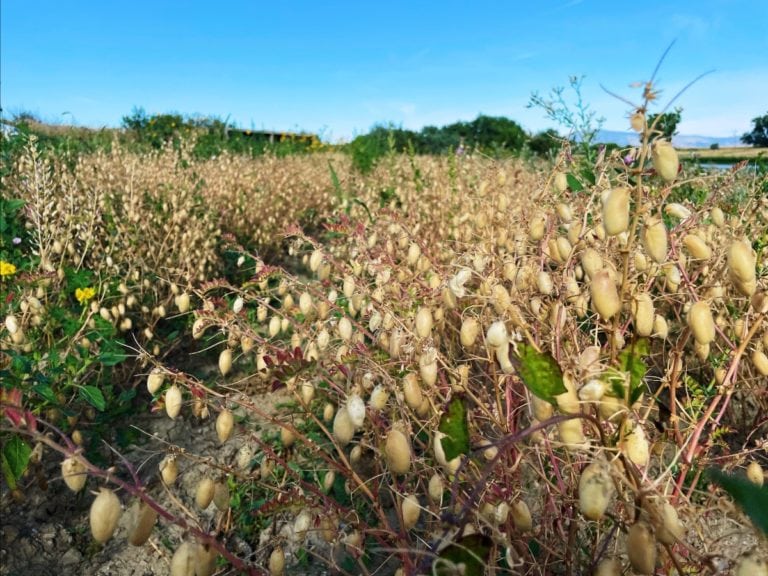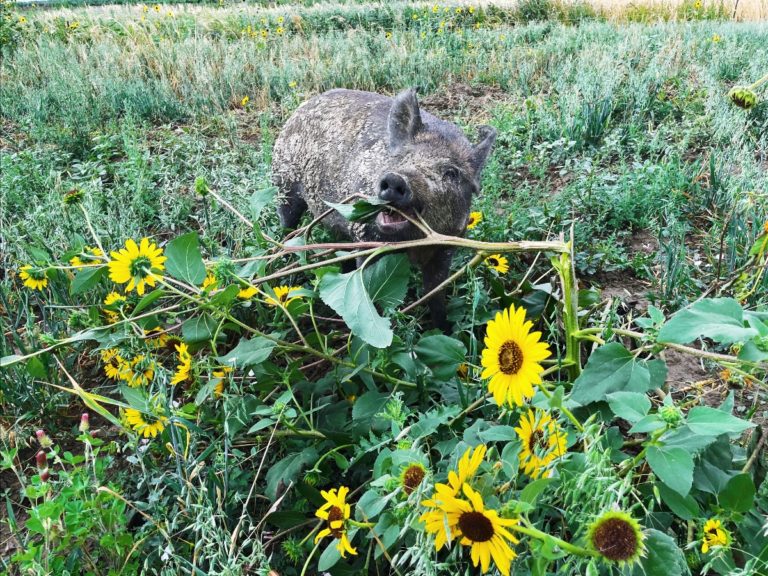Prepare for the heat. It’s looking like a scorcher. Lakes and streams are calling. The High Country beckons. And the summer swelter invites us to bag the oven, skip the stove and head outside to fire up the grill. For that, we have lots to offer. Whole eggplant grilled until charred all over, and then used to make baba ganoush. Sliced squash slathered in olive oil, kissed with zatar and latticed with grill marks. Onions and peppers blackened and incorporated into salsa. And of course, burgers and rib-eye, sausage and long-cooked pork shoulder, lamb chops and chicken thighs and Alaskan salmon.
While the fields still look fairly brown (not for long!), what’s happening beneath and at the surface is extremely consequential for the life of the farm.
